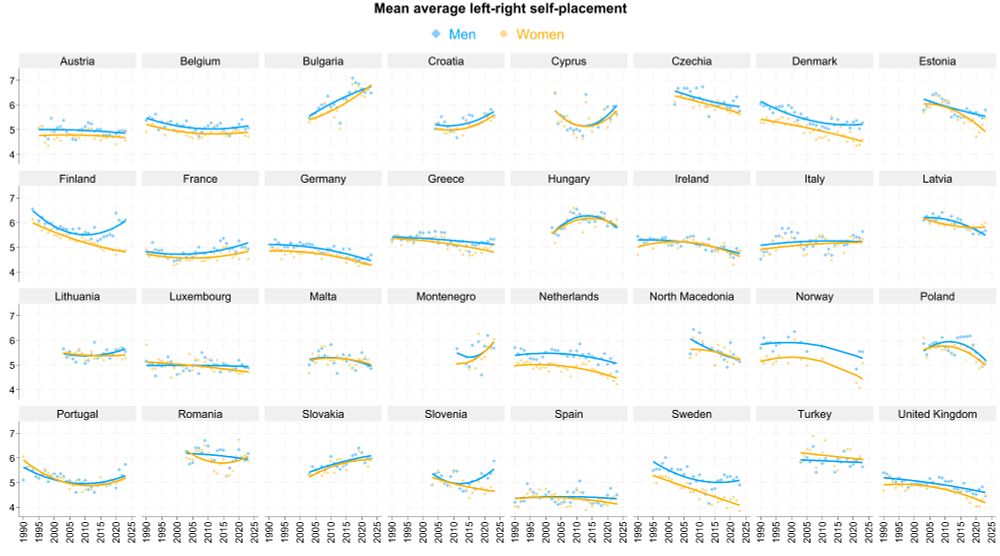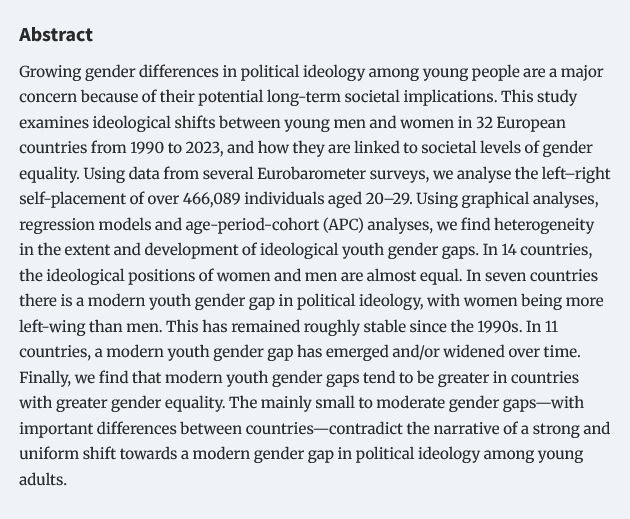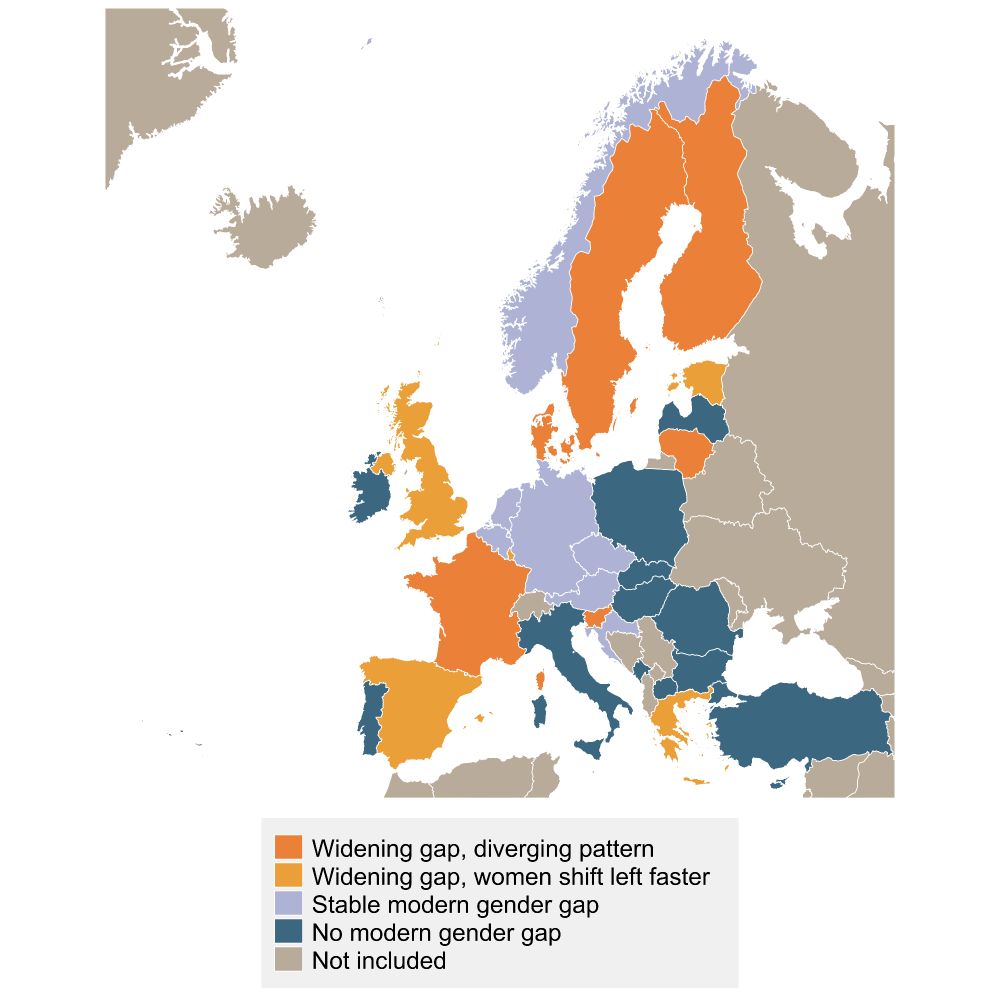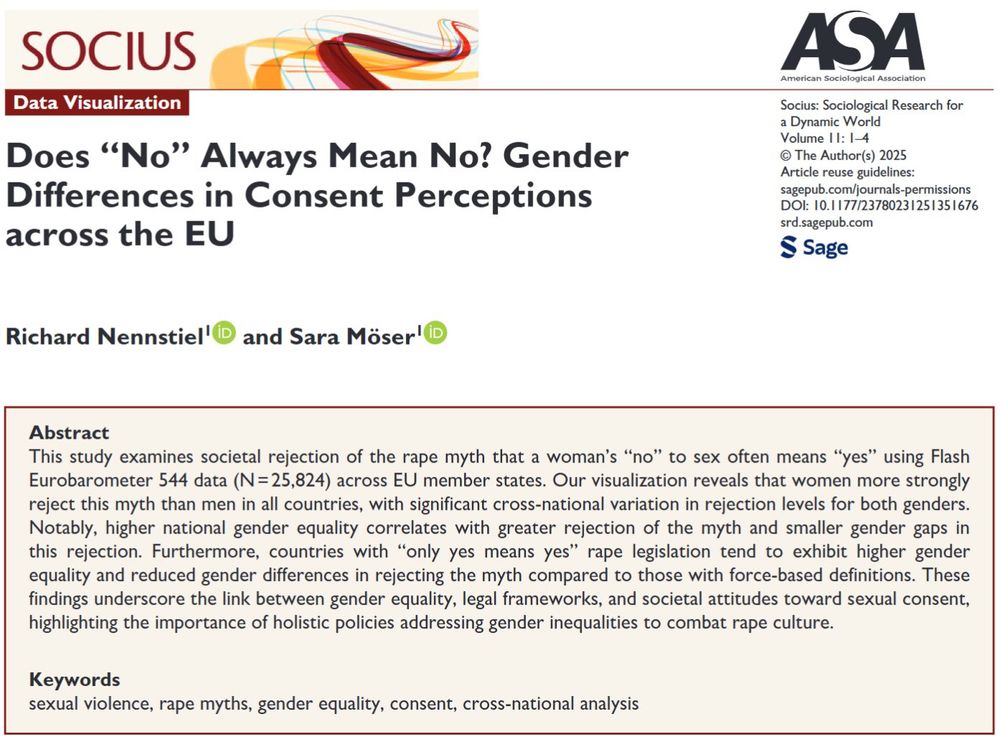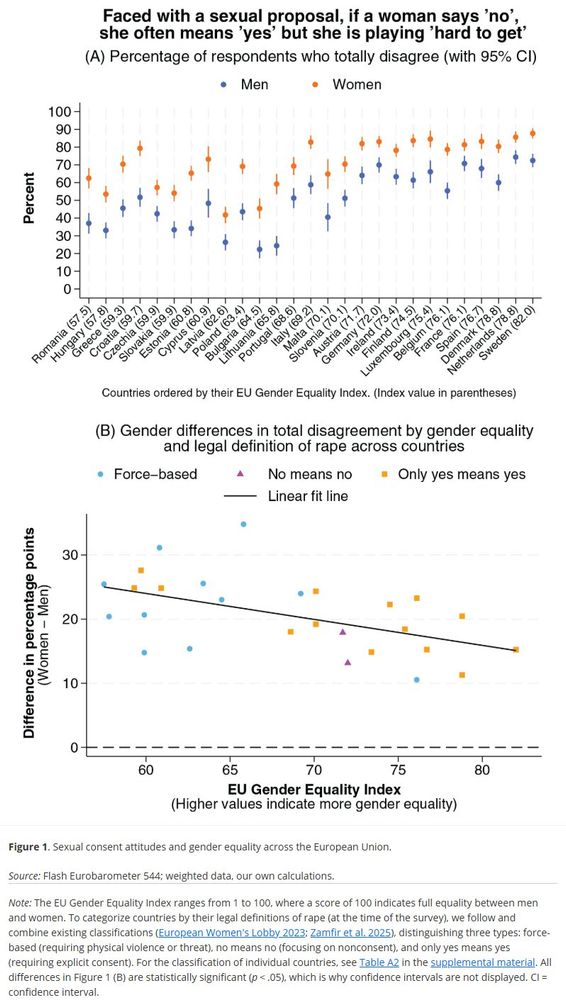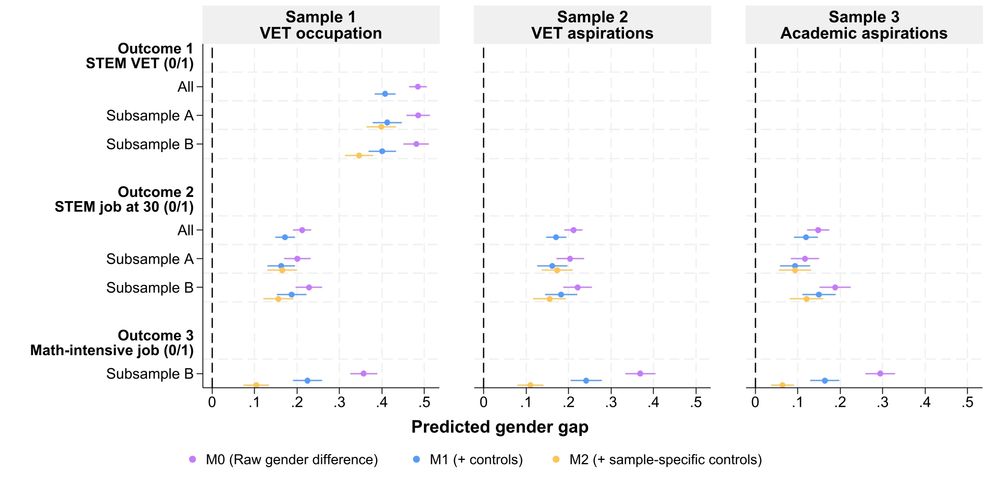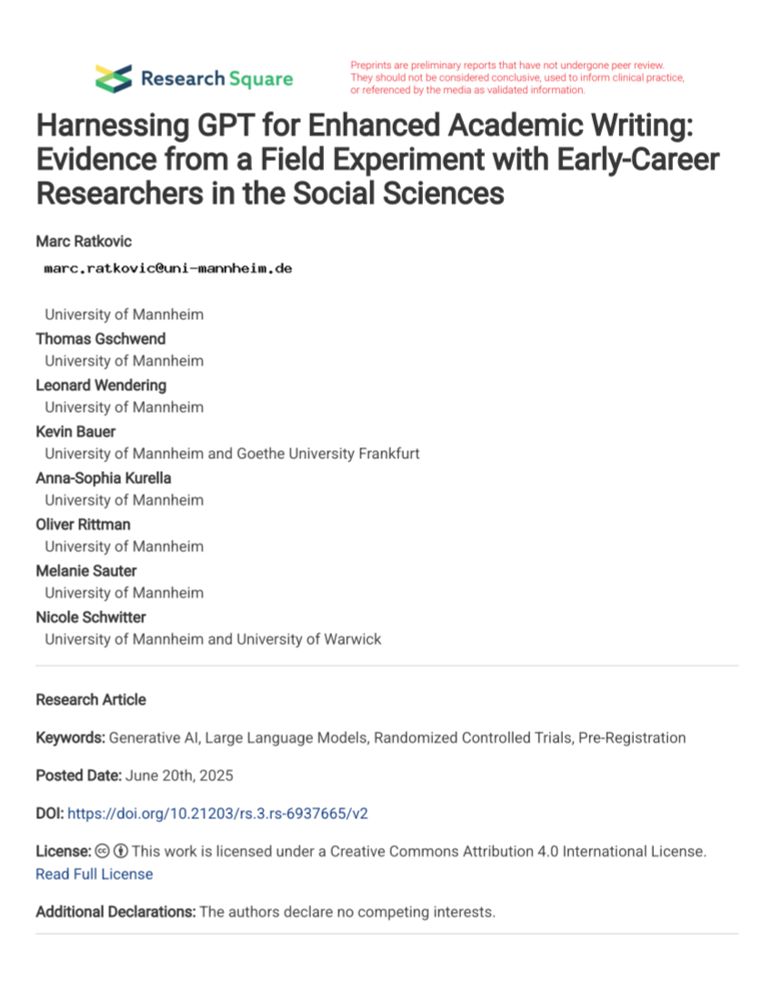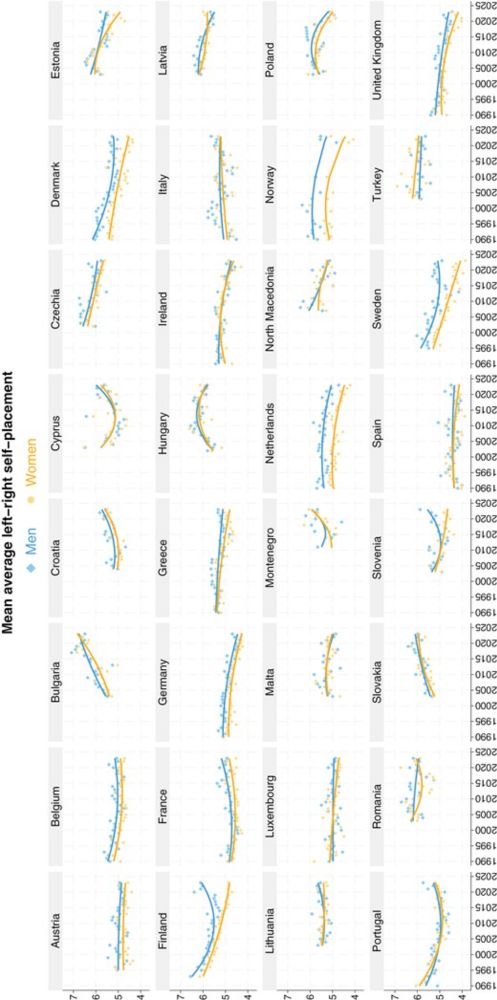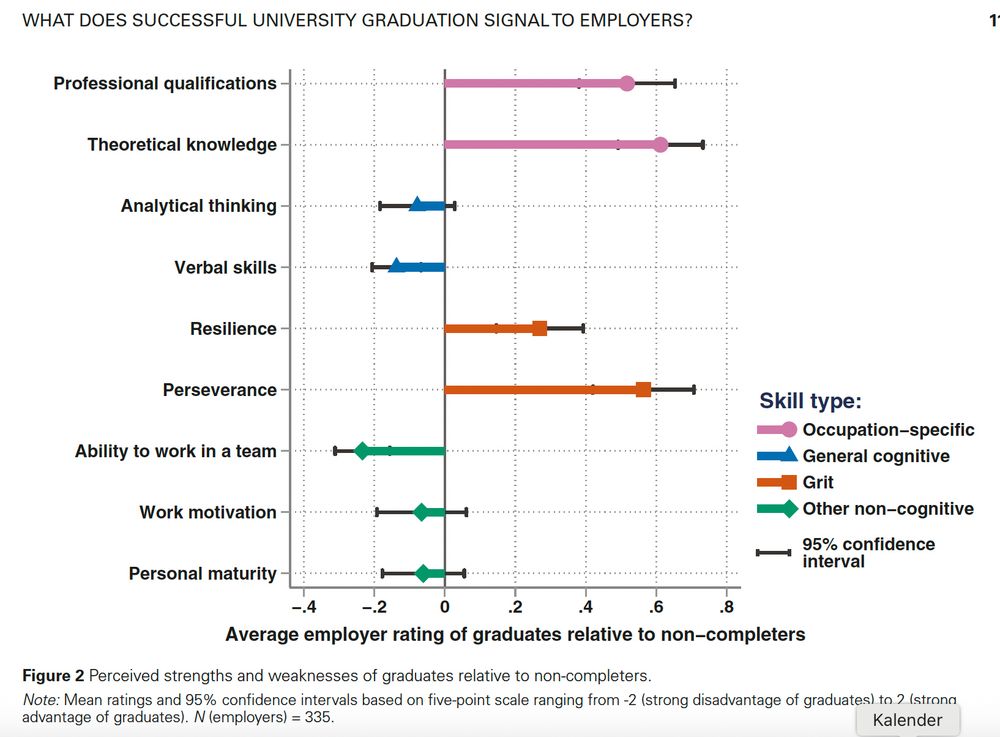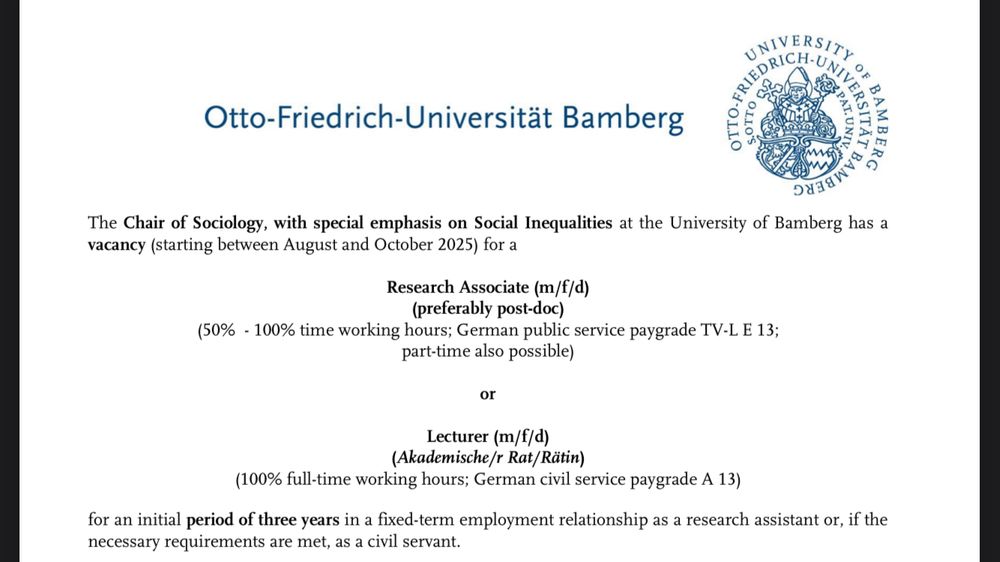Richard Nennstiel
@nennstielr.bsky.social
470 followers
380 following
17 posts
Sociologist
Post-doc at University of Bern
Interested in social mobility, school-to-work transitions, administrative data
richardnennstiel.com
Posts
Media
Videos
Starter Packs
Pinned
Reposted by Richard Nennstiel
Reposted by Richard Nennstiel
Reposted by Richard Nennstiel
Nicole Schwitter
@nschwitter.bsky.social
· Jun 23
Reposted by Richard Nennstiel
Richard Nennstiel
@nennstielr.bsky.social
· Jun 17
Reposted by Richard Nennstiel
Richard Nennstiel
@nennstielr.bsky.social
· Jun 16
Reposted by Richard Nennstiel
Reposted by Richard Nennstiel
Reposted by Richard Nennstiel
Reposted by Richard Nennstiel
Reposted by Richard Nennstiel
Reposted by Richard Nennstiel
Reposted by Richard Nennstiel
